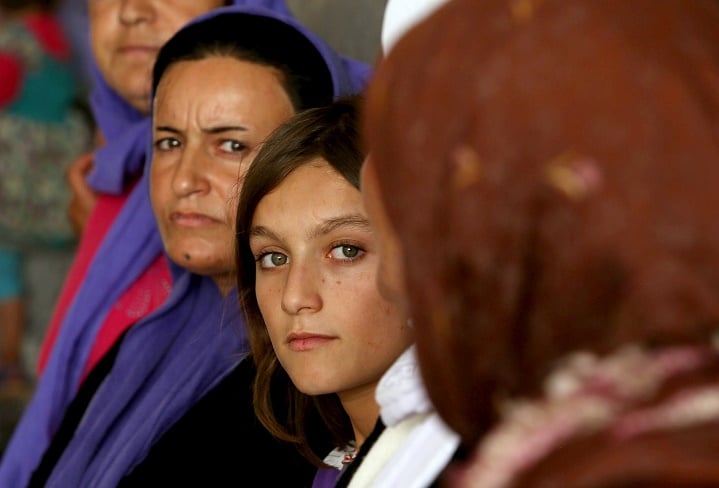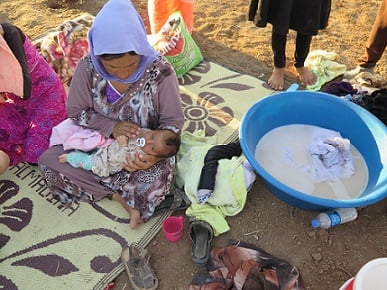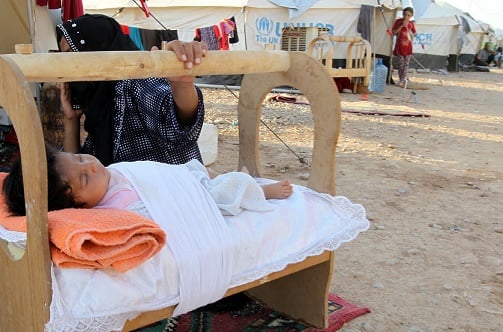

By GRACE JENNINGS-EDQUIST
Update 3/10/14:
Prime Minister Tony Abbott has confirmed Australia will join air strikes in Iraq, in an attempt to “disrupt and degrade ISIL”.
Federal Cabinet have today authorised this deployment of Australian forces into Iraq, in order to assist Iraqi forces.
“We are joining combat operations as part of an Austalian-led coalition in support of the Iraqi government. We have no intention of doing anything else but there is useful work that we can and must do… it is very much in Australia’s interest,” the Prime Minister said in a press conference this afternoon.




Top Comments
I think Christine Milne should go to Iraq and tell the ISIL members that she understands how hard done by they are.
I understand the backflow problems with sending our troops into battle with ISIS, but how can we not support those women who are fighting ISIS on their own?